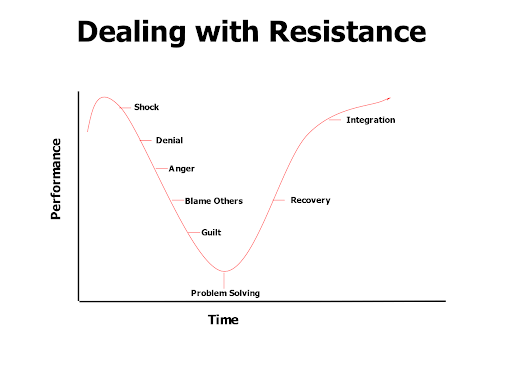Developing Emotional Resilience By Divorce and Separation Coach Catherine Demaid
I have been at my beautiful friend’s home on so many occasions and felt so much admiration and awe at the amazing relationship she has with her ex. He returns with kids, comes in for a cuppa, they ask each other how their weekends have been and chat through what the boys have been doing. Every Christmas morning, they open the presents together and support each other in discipline, schooling decisions and overall care of their wonderful boys. How is this possible you may ask? Well, it’s because they put their own needs and wants aside and put the children front and centre.
This has been part of a long journey and is the outcome of an acrimonious split. They have achieved this by developing their emotional intelligence and resilience, and it’s possible now because they are not feeling the same levels of pain.
A divorce, separation or child custody situation can be one of the most emotional life events you will ever face. It can be fraught with uncertainty because of simply the huge amount of change that it brings. Knowledge of your emotional responses to change and why you feel that way can have a hugely positive effect on how you handle the conflict, how much it will cost you , how long it will last and the overall effect on the wellbeing of you and your children.
The Kubler Ross Change Curve [below] is a key tool for me in helping my clients develop emotional resilience to manage your emotions through the change process and is invaluable in minimising conflict through a deeper sense of emotional intelligence. You will recognise these emotional responses to changes in your life, conflict and when you feel vulnerable. These feelings come from resistance to what we are facing.
All the negative emotions on the left are symbolic and normal when we are faced with fear. When fear clouds our judgement, we can behave in irrational ways and the outcome can be feelings of regret, guilt and shame. Think back time to a time when your ex has changed the times you have the children and you’ve knee jerked, become angry and the conflict has escalated. Think about the impact it may have had on the children and how it affected you emotionally. Developing emotional intelligence and resilience is key in this type of situation.
A huge part of developing emotional resilience is letting go of the past and starting a new way of life and being. Creating a vision for a positive and great future for you and your children. My coaching strategies and techniques are solely focussed on this. New beginnings can seem daunting, so it’s about building you a staircase and supporting you one step at a time. Here are some great steps to help you reach the top:
Identify and create a vision for how you want to be and what you want your future life to look like
Practice gratitude daily. Focus on the positives in your life to shift your mindset out of the negative
Overcome feelings of lack of self-worth. Ask yourself questions like, ‘Why do I feel this way?’ ‘What is stopping me?’ Changing your inner dialogue, by this I mean your self-talk is so powerful
Let go of the past. This is possibly one of the most challenging, particularly after an acrimonious split or challenging co-parenting issues. It is about letting go of blame, anger and guilt
Start enjoying life again. Plan fun and enjoyable things to do with the children and for yourself. Me time is so important in establishing your identity and it allows you time to think, plan and process
Journaling is a great way to reflect on events and for example establish how you may handle the situation going forward.
I carry out coaching support through divorce, separation and family matters. I offer a free 20 minute consultation to every client to explore how I can support you emotionally through the process.
You can contact me via my website: www.catherinedemaid.com
Via email: hello@catherinedemaid.com
On Facebook: Catherine Demaid Divorce Coach
Instagram: catherinedemaid_divorcecoach


